COVID-19 caught most of the business world off-guard, and many continue to struggle with how to proceed in the face of the sweeping changes the global pandemic has wrought. According to business consultant Jeff Schwartz, COVID accelerated trends reshaping the future of work. Whether you are an individual worker wondering how increased automation might affect your employment or a business leader looking to protect your company and employees in this rapidly evolving environment, Schwartz’s realist perspective and practical recommendations will help you embrace new solutions and mind-sets.
The COVID-19 pandemic pushed the fast-forward button on developments already underway in the working world.
The onset of the coronavirus pandemic forced organizations and employees to embrace wholesale changes to the world of work that many expected would not occur for decades more. From Zoom conference calls to revamping supply chains, the pandemic underscored the possibilities and perils of the future of work. Businesses that could not adapt could not survive.
When people find new, better ways of accomplishing tasks, that creativity destroys old models and methods. The internet replaced print advertising, for example. But individuals can take an active role in evolving their skills and careers. Business leaders can find opportunities for human-machine collaboration. These developments can inspire policy makers to develop regulatory practices and institutions that support the new world of work.
The future of work will include automation that centers on human creativity and innovation.
Today, algorithms guide you toward your Netflix binges, and artificial intelligence (AI) takes the reins for...









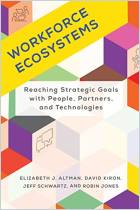

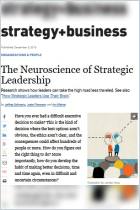
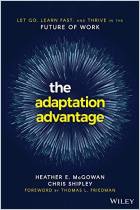
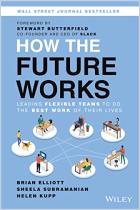
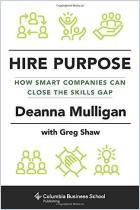
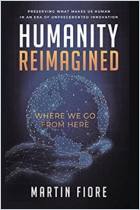
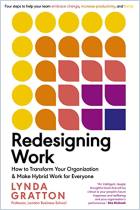
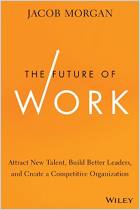





Comment on this summary or Comenzar discusión
And the idea that you need to develop a growth mindset at a personal level to adapt to a rapidly changing world of work is something I’ve been working on for a year+ now, and this abstract includes a good checklist to consider your progress.
1. See difficulties as a chance to grow. Embrace interdisciplinary education and work opportunities.
2. Prepare for career transitions by making yourself more adaptable.
3. Practice good communication and hone your listening skills. Build and participate in diverse teams.
4. Focus on developing skills that machines lack, and consider how machines might augment your capabilities.
5. Nurture capabilities like curiosity, problem-solving, empathy, and love of learning, as well as more narrow capabilities, like knowledge of a certain type of technology.
6. Utilize your working years for consistent reinvention, learning, and opportunities to develop and practice new skills.
7. Take an active role in charting your path forward. Learn and practice new skills and capabilities. Seek new job opportunities, even if you’re happy with your current employment.
So very helpful on a personal level, even if some parts of the abstract were slightly dry in places.